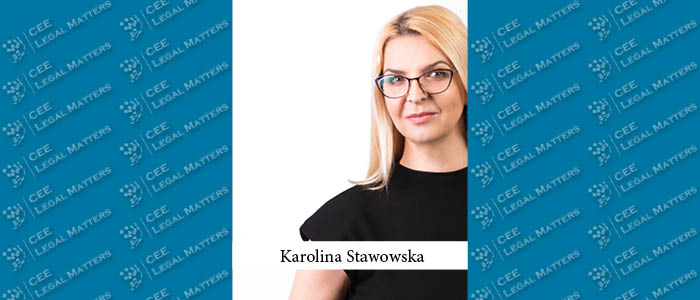The landscape of cross-border reorganisations in Poland has undergone significant changes with the amendments to the Code of Commercial Companies, effective as of 15 September 2023. The revisions introduce a pivotal element – the requirement for a certificate of compliance with Polish law for cross-border reorganisations.
This certificate, to be issued by the competent registration court, is mandated for Polish companies engaging in cross-border reorganisations. The responsibility for application lies with the management board of the participating Polish company. Simultaneously, the registration court is obligated to forward a request to the Head of the National Fiscal Administration (KAS) for their opinion on the proposed reorganisation.
The Head of KAS will scrutinise the reorganisation to assess potential tax avoidance, abuse of tax law, and impediments to tax enforcement proceedings. The tax opinion will cover cross-border mergers, divisions, and conversions. The assessment aims to ensure compliance with relevant tax laws and regulations and examines the company’s liabilities to tax authorities or non-tax budget receivables of a public law nature.
To facilitate this evaluation, taxpayers must provide a comprehensive set of documents, including details of the entities involved, capital ties, MDR reporting, purposes and justifications for the activity, tax implications, and more. The Head of KAS has one month to issue their opinion, with a possible three-month extension in justified cases. The associated fee for the opinion is set at 50% of the minimum wage.
The opinion, or refusal to issue one, will be conveyed to the registry court, which will decide on the issuance of a certificate of compliance with domestic law. However, the Head of KAS reserves the right to refuse an opinion if there are suspicions of tax avoidance, law abuse, or outstanding tax arrears.
Taxpayers that are dissatisfied with the Head of KAS’s decision can appeal to the Provincial Administrative Court. The extensive analysis and document requirements, coupled with the potential for consultation with relevant authorities, suggest that the one-month deadline for the opinion may often be exceeded.
In light of these changes, practitioners anticipate a shift away from individual requests for binding tax law rulings to the Director of National Fiscal Information. The implications of this novel tax opinion system will be closely observed, with ongoing updates provided by our experts in our article published on 6 November 2023.
By Karolina Stawowska, Partner, Wolf Theiss, Wolf Theiss


